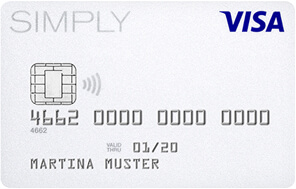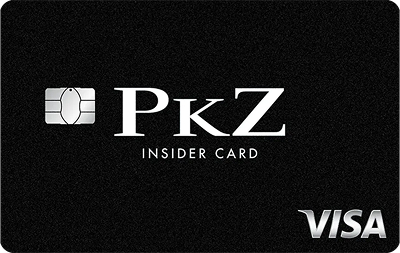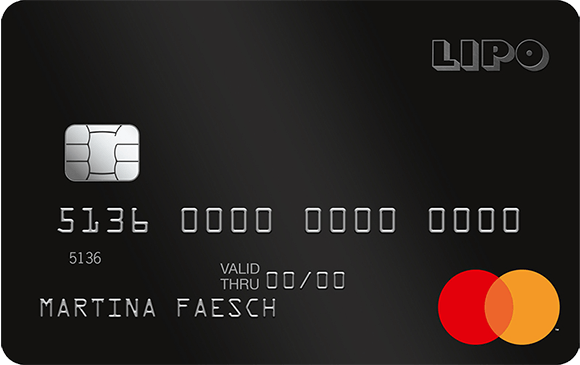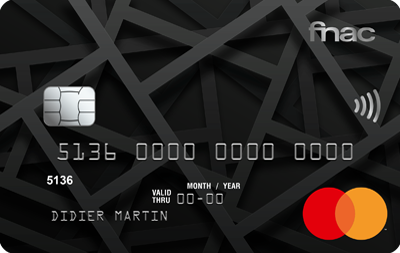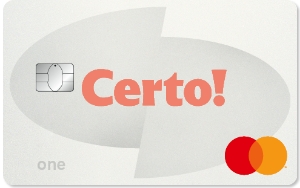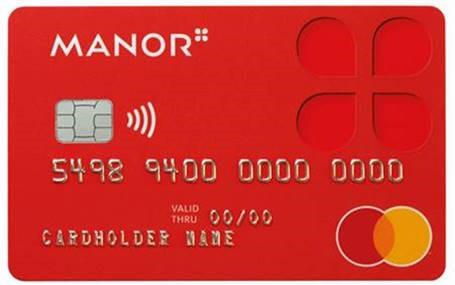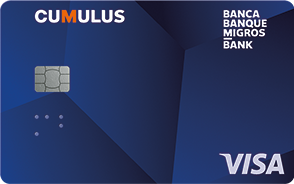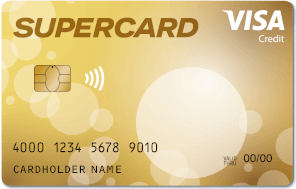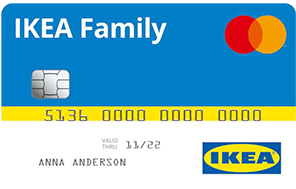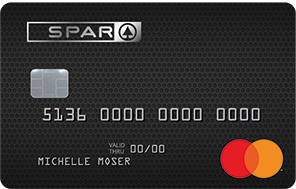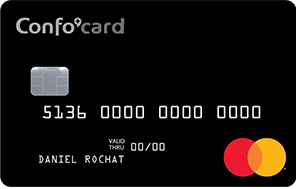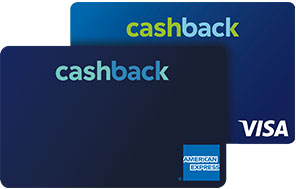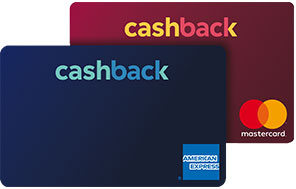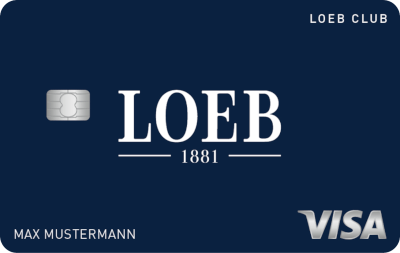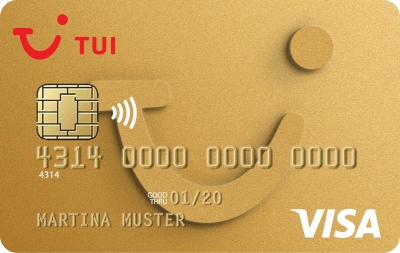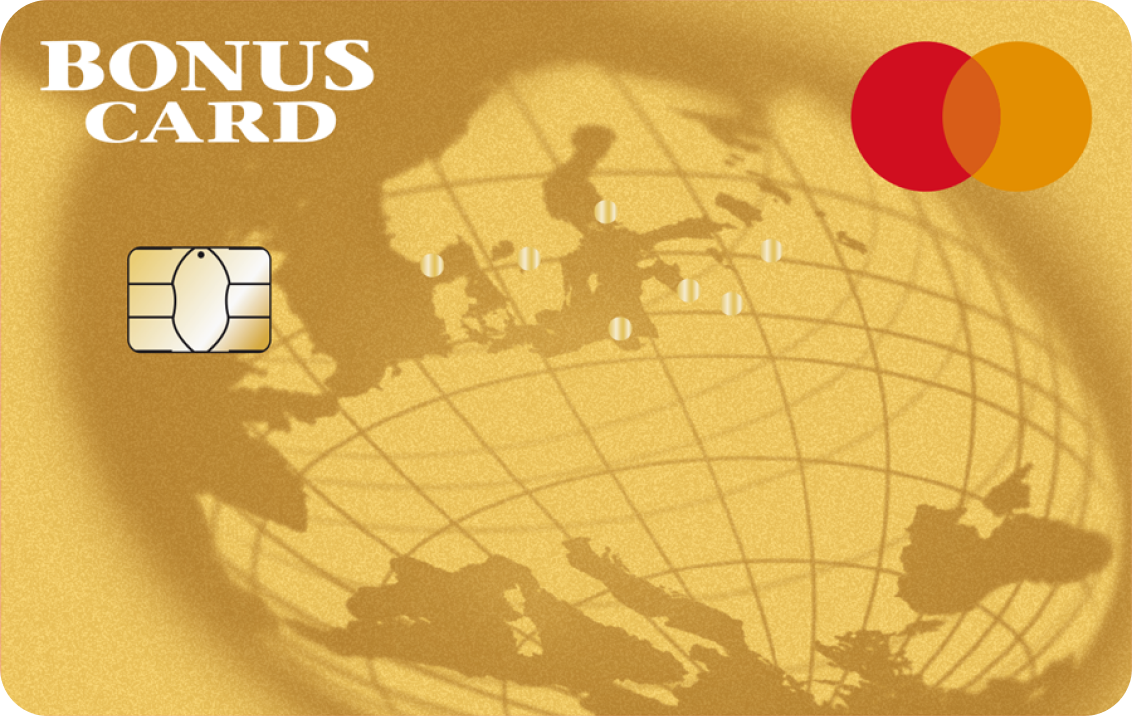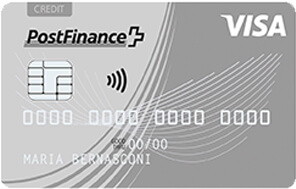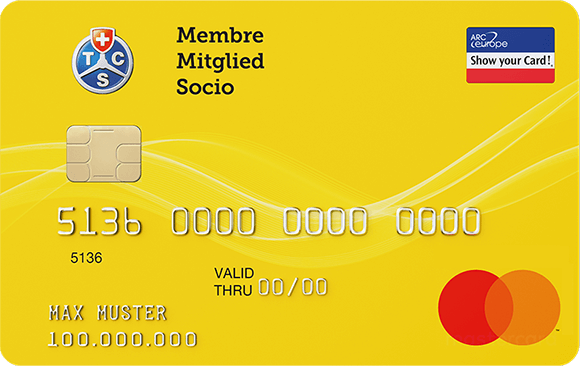Student credit cards in Switzerland: Your complete guide
Student credit cards in Switzerland offer young adults an accessible entry point into the world of credit and financial independence. Unlike standard credit cards, student cards from Swiss banks typically feature lower fees, flexible approval requirements, and educational tools designed specifically for students aged 18-30.
Whether you're a Swiss student or an international student studying in Switzerland, choosing the right credit card can help you manage daily expenses, build a positive credit history, and earn rewards on purchases you're already making.
Why students in Switzerland need credit cards
Financial independence and convenience
Credit cards provide students with financial flexibility for everyday expenses, emergency situations, and online purchases. Many Swiss service providers, including streaming platforms, transportation apps, and accommodation booking sites, require a credit card for payment.
Key benefits for students:
- Emergency funds access when needed most
- Cashback rewards on regular purchases (typically 0.5-1%)
- No foreign transaction fees on select cards for studying abroad
- Building credit history early in your financial journey
- Purchase protection and fraud liability coverage
Lower barriers to entry
Major Swiss banks including UBS, Credit Suisse, Raiffeisen, and PostFinance offer student credit cards with relaxed approval criteria. These cards typically don't require:
- Extensive credit history
- High minimum income thresholds
- Large security deposits (for unsecured cards)
- Employment verification in some cases
What to look for in a student credit card
Annual fees and costs
Annual fees for student cards in Switzerland range from CHF 0 to CHF 50. Many banks waive fees for students or young adults under 26-30 years old.
Compare these costs:
- Annual fee (often waived for students)
- Foreign transaction fees (typically 1.5-2.5%)
- ATM withdrawal fees (CHF 5-10 per withdrawal)
- Late payment fees (CHF 30-50)
- Currency conversion markup (1.5-2%)
Credit limits
Student credit cards in Switzerland typically offer initial credit limits of CHF 500-3,000, depending on your income and credit profile. This conservative approach helps students manage spending responsibly while building credit.
Rewards and benefits
While Swiss student cards offer modest rewards compared to premium cards, some benefits include:
- Cashback: 0.5-1% on purchases
- Student discounts: Access to exclusive student offers
- Insurance: Basic travel or purchase insurance
- Mobile payments: Apple Pay, Google Pay, Samsung Pay compatibility
For higher rewards, consider comparing best cashback credit cards available to students with stable income.
Types of student credit cards available
Traditional bank student cards
Major Swiss banks offer dedicated student credit card programs:
UBS Student Credit Card
- Available to students aged 18-30
- Reduced fees during studies
- Integration with UBS student banking packages
- Credit limits from CHF 1,000
Credit Suisse STUDENT Card
- No annual fee for students under 25
- Competitive foreign exchange rates
- Mobile banking integration
- Automatic upgrade options after graduation
Raiffeisen Student Credit Card
- Local bank presence across Switzerland
- Personalized service
- Flexible repayment options
- Community banking benefits
Prepaid and debit alternatives
If you're not yet ready for a traditional credit card, prepaid cards offer a risk-free way to learn money management:
- Load funds in advance
- No credit check required
- Cannot overspend
- Same acceptance as credit cards
- Build financial discipline before transitioning to credit
International student options
International students in Switzerland face additional requirements but can access credit cards with:
- Valid student visa (B permit)
- Swiss address and phone number
- Proof of enrollment in Swiss university
- Opening a Swiss bank account first
American Express Switzerland offers student-friendly options for international students with its entry-level cards, providing global acceptance and Swiss franc billing.
How to apply for a student credit card in Switzerland
Eligibility requirements
Minimum requirements for most Swiss student credit cards:
- Age 18+ (some banks require 20+)
- Swiss residency or valid student visa
- Enrollment in recognized educational institution
- Swiss bank account
- Valid identification (passport or ID card)
- Proof of income or financial support (varies by bank)
Application process
Step-by-step application:
- Compare cards on GetRates to find the best student credit card for your needs
- Gather documents: Student ID, proof of enrollment, income verification, residence permit (for non-Swiss)
- Apply online or in-branch at your chosen bank
- Wait for approval (typically 7-14 days)
- Receive and activate your card
Approval rates for student cards are generally higher than standard cards due to relaxed criteria.
Income requirements
Swiss banks assess different income sources for students:
- Part-time employment income
- Regular parental support (with documentation)
- Student loans or scholarships
- Savings account balance
- Guarantor income (if applicable)
Minimum income requirements typically range from CHF 0-12,000 annually for student cards.
Building credit responsibly in Switzerland
Understanding Swiss credit systems
Switzerland uses credit scoring systems that track your payment history, debt levels, and financial behavior. The two main credit bureaus are:
- CRIF (Credit Reform)
- Intrum Justitia
Good credit habits as a student:
- Pay all bills on time (including phone, internet, rent)
- Keep credit utilization below 30% of your limit
- Avoid multiple credit applications in short periods
- Monitor your credit score regularly
- Maintain stable banking relationships
Smart spending strategies
Best practices for students:
- Use your card for planned, budgeted expenses only
- Pay off the full balance monthly to avoid interest (typically 10-15% APR)
- Set up automatic payments for at least the minimum due
- Track spending through your bank's mobile app
- Review statements monthly for unauthorized charges
For students who travel frequently, exploring best travel credit cards might offer better value once you establish credit history.
Common mistakes students make
Overspending and debt accumulation
The most common pitfall is treating credit limits as available funds rather than borrowed money. Credit card debt at 12-15% APR in Switzerland can quickly become unmanageable for students with limited income.
Avoid this by:
- Setting personal spending limits below your credit limit
- Using budgeting apps connected to your card
- Treating your credit card like a debit card (only spend what you have)
Missing payment deadlines
Late payments in Switzerland result in:
- CHF 30-50 late fees
- Negative marks on your credit report
- Potential interest rate increases
- Difficulty obtaining future credit
Prevention strategies:
- Enable automatic minimum payments
- Set calendar reminders 3 days before due date
- Link card to a funded checking account
Applying for multiple cards
Each credit application creates a hard inquiry on your Swiss credit report. Too many inquiries signal financial distress to lenders.
Recommended approach:
- Apply for one student card initially
- Wait 6-12 months before applying for additional credit
- Research thoroughly before applying using credit card comparison tools
After graduation: Next steps
Transitioning to regular cards
Once you graduate and establish stable employment, consider upgrading to cards with:
- Higher credit limits (CHF 5,000-15,000+)
- Better rewards programs (1-3% cashback)
- Premium benefits (travel insurance, lounge access)
- Lower interest rates
Many Swiss banks automatically transition student cards to standard cards around age 26-30 or upon request after graduation.
Keeping your student card
Even after upgrading, consider keeping your student card open if:
- It has no annual fee
- It's your oldest credit account (helps credit history length)
- You want backup payment options
Explore best credit cards in Switzerland to find the right card for your post-graduation needs.
Frequently asked questions
What is the best student credit card in Switzerland?
The best student credit card depends on your specific needs. UBS and Credit Suisse offer popular student cards with no annual fees for young adults under 26. Compare features, fees, and rewards on GetRates to find the card that matches your spending patterns and financial goals.
Can international students get credit cards in Switzerland?
Yes, international students can obtain credit cards in Switzerland with a valid student visa (B permit), proof of enrollment, and a Swiss bank account. Some banks may require a Swiss guarantor or higher security deposits for non-Swiss residents.
Do I need income to qualify for a student credit card?
Most Swiss banks require some form of income or financial support documentation, but requirements are lower for student cards. Acceptable income sources include part-time work, regular parental support, scholarships, or savings. Minimum income requirements typically range from CHF 0-12,000 annually.
Are there credit cards with no annual fee for students in Switzerland?
Yes, many Swiss banks waive annual fees for students or young adults under 26-30. UBS, Credit Suisse, Raiffeisen, and other banks offer student cards with CHF 0 annual fees during your studies. Always confirm the fee structure when applying and what happens after you graduate or reach the age limit.
How do student credit cards differ from regular credit cards?
Student credit cards feature lower credit limits (CHF 500-3,000), reduced or waived annual fees, relaxed approval requirements, and educational resources. They're designed for young adults with limited credit history and income. Regular cards offer higher limits, better rewards, but stricter approval criteria.
Will getting a credit card help my credit score in Switzerland?
Yes, responsible credit card use builds positive credit history in Switzerland. Pay your balance in full and on time each month, keep utilization below 30%, and maintain the account long-term. After 6-12 months of good payment history, you'll establish a solid credit foundation for future loans and housing applications.
Can I use my Swiss student credit card abroad?
Yes, Swiss credit cards work internationally. However, watch for foreign transaction fees (typically 1.5-2.5%) on purchases outside Switzerland. Some student cards include travel insurance and emergency assistance. For frequent travelers, cards with no foreign transaction fees offer better value—compare options on GetRates before studying abroad.
What happens to my student credit card after graduation?
Most Swiss banks automatically transition student cards to standard cards when you reach age 26-30 or upon request after graduation. This may result in annual fees being applied. Contact your bank before graduation to discuss upgrade options or consider applying for a new card with better rewards and benefits suited to your post-graduation income.
